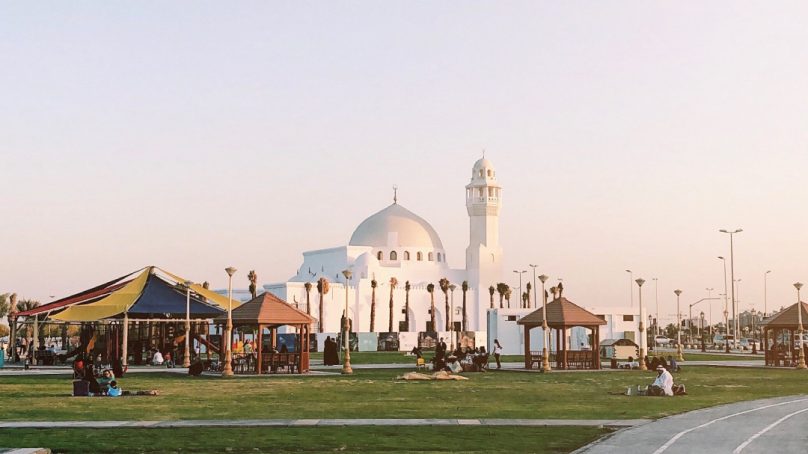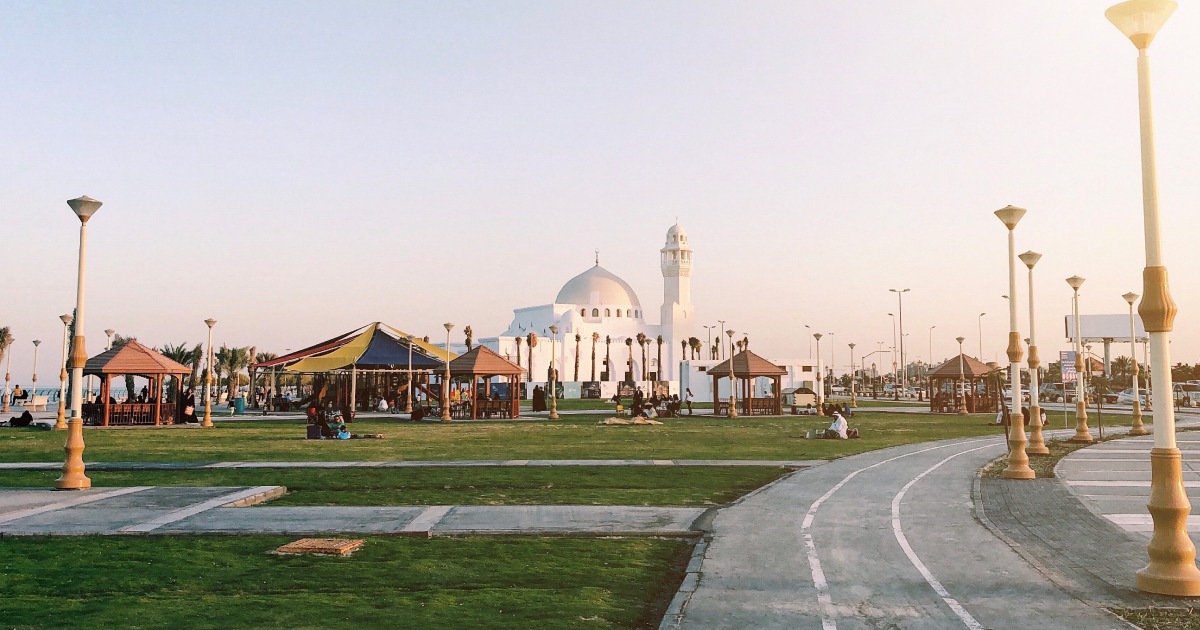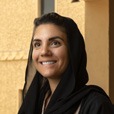

The hospitality and culinary arts education scene in the Kingdom of Saudi Arabia is growing steadily. With the ongoing cultural transformation, a number of specialized culinary and hospitality schools have emerged, including the planned Le Cordon Bleu Institute in Riyadh, and we can see an increased interest in pursuing careers in this field.
With the whole cultural scene changing in KSA, local talents are being empowered and encouraged to grow their skills and pursue education in any field they’re passionate about. There are also many scholarship opportunities for the sector, offered by both government entities and the private sector. In fact, we are currently conducting research to find out how many schools are needed to cater to the different fields in the sector, including culinary arts, restaurant management, mixology, coffee making and so forth. Based on the results of the study, we will start putting together a plan to further elevate culinary education in the Kingdom.
The role of the Culinary Arts Commission
The Culinary Arts Commission focuses heavily on education, and we continuously develop training programs aimed at creating a highly qualified and skilled workforce in the culinary sector. We are currently working on developing a strategy for the whole sector, guided by extensive research, to pinpoint existing gaps that we can fill. In addition, we’re encouraging innovation and aim to unlock the potential of the culinary sector by partnering with world-renowned institutions. Last year, we signed an MoU with Le Cordon Bleu to establish a culinary arts and hospitality institute in Riyadh. Such partnerships enable knowledge transfer and support the development of technical skills.
Furthermore, through a recent partnership with Slow Food, we’re educating the population about the origins of their food, to build consciousness of and appreciation for locally grown, sustainable and seasonal produce. As part of this agreement, we’re also looking at training programs for Saudi chefs around the Slow Food concepts to share expertise and knowledge of the movement. The result is a world-class culinary experience for locals and visitors which allows us to push the boundaries of creativity and become a regional hub for the culinary arts.
Filling the gap
With the growth of our tourism and hospitality sector, in combination with the growing domestic resurgence in culinary arts, we are seeing jobs created across the F&B sector at an unprecedented rate. Sector infrastructure is growing at pace, with the arrival of some of the world’s best-known restaurant brands in just a few short years. Hospitality is synonymous with Saudi Arabia, so much so that visitors always comment on the friendly way in which they’re welcomed by locals; it’s really part of who we are as Saudis. Thus, it’s unsurprising that more and more people are considering a career in the sector.
To address this increasing demand, we recently launched the Culinary Arts Incubator, targeting chefs and entrepreneurs in the sector, helping them to develop their projects through expert advice, business development and introducing them to investors. And through partnerships with organizations like Le Cordon Bleu and other institutions and universities around the world, a greater number of young Saudis are being educated in the culinary arts field to ensure visitors to the kingdom are given an authentic Saudi welcome and experience.
Advice for aspiring hospitality professionals
For young Saudis, the sky is now the limit, and you really can be and do anything you want to. In just the last three years, the cultural landscape has changed remarkably.
We now have the Ministry of Culture and 11 amazing commissions, each responsible for their cultural sub-sectors, from film to fashion and, of course, culinary arts.
More and more, we’re seeing the emergence of chefs who were doctors, lawyers and accountants who were inspired by this movement to pursue their passion for the culinary arts, and I’m excited to see many more young Saudis following their hearts and seeking out careers in the cultural space.

CEO of the Culinary Arts Commission in KSA














